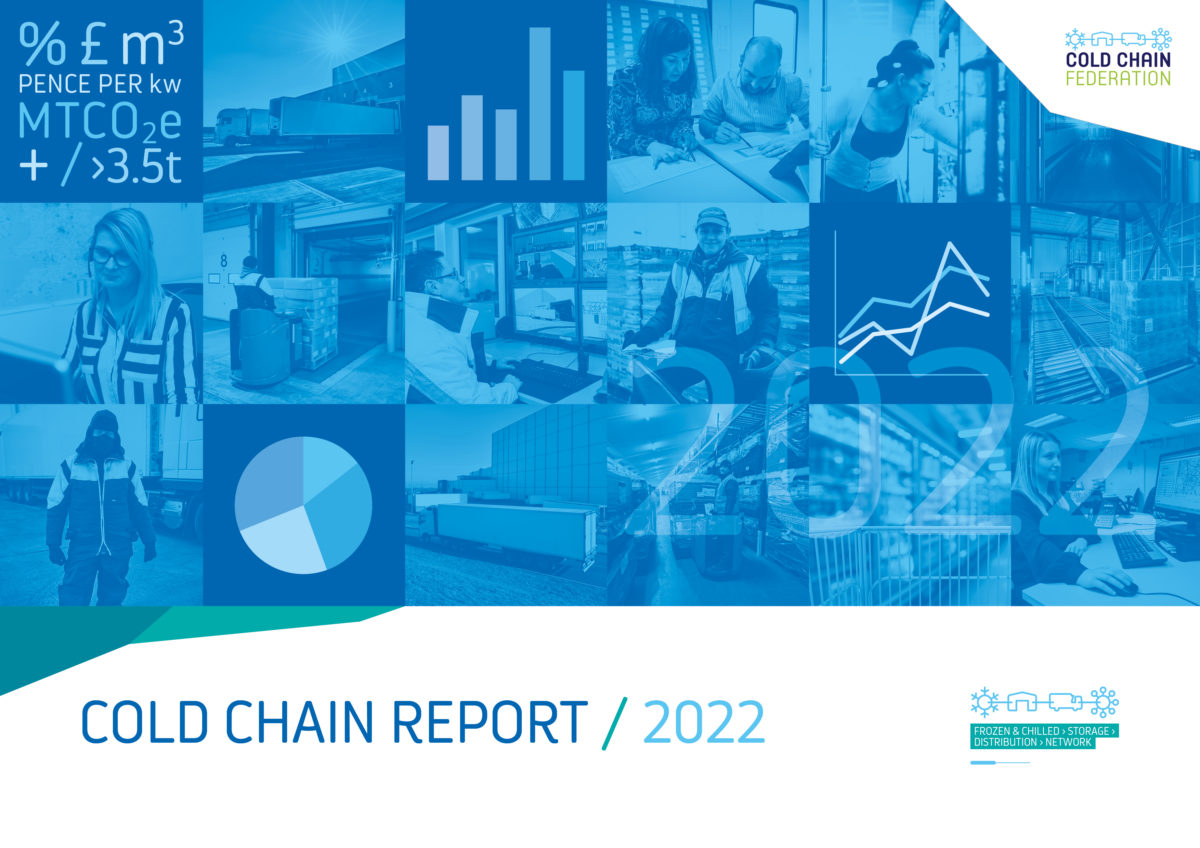The leading German Organic vegetable freezing company Westhof BIO has selected easily accessible, plug and play automation in the form of a stow Racking silo served by Movu atlas 2D pallet shuttles. Part of an integrated intralogistics solution from systems integrator Körber, the silo and shuttles play a key intralogistics role in Westhof BIO’s brand new, highly automated production facility, located near Hamburg in Germany.
Due to go live in June, the Movu system provides reliable and efficient automated flow of goods and high density storage in a six-level silo to hold over 5000 pallets of frozen vegetables in the cold store.
Westhof BIO processes around 10,000 tonnes of fresh produce annually providing an organic frozen range. Its new climate- and resource-saving organic freezing plant gives the company room to expand and represents a major step forward for the company. The ultra-modern and automated freezer warehouse stores the frozen vegetables to allow their delivery on pallets to manufacturers of organic food and baby food all year round.
The company looked for a high density storage solution for the vegetables in its minus 24 degrees centigrade cold store that offers reliability and scalability as well as efficient and accurate flow of goods.
The automation solution consists of six Movu atlas shuttles, one of which transports the pallets on each of the six levels of the stow silo, which measures 60 m long x 31 m wide x 17 m high. Providing deep, multi-pallet channel storage, the silo maximises space by minimising the number and width of driving aisles – this installation has just one.
Efficient and quick to set up, the plug and play Movu atlas system fits all buildings to ensure no warehouse is left behind when it comes to automation. Even if a shuttle goes down or requires maintenance, it can be easily removed and replaced with a new shuttle within a day, with Westhof BIO ’s WMS directing goods to one of the other silo levels. The easily scalable atlas system allows the addition of shuttles to increase throughput and store greater quantities of vegetables during harvest peak.
Stefan Pieters, CEO of Movu Robotics said: “We are delighted to have successfully handed over another Movu project to our customer. With the combination of the stow silo and the Movu atlas 2D shuttle, Westhof BIO could trust on consistent high engineering and Project Management standards with a reliable project lead time. The Movu atlas 2D Shuttle is a true example of simple and easily accessible plug and play automation in challenging cold storage environment. It´s scalability provides Westhof BIO with automation that handles peaks and adapts easily to future requirements.”
Berit Carstens-Lask, Managing Director of Westhof BIO, adds: ”We are extremely satisfied with the automation solution that has been realized and with both the engineering and execution of the project. We hope that when we start running, the automation solution from Movu will make a significant contribution to optimising our entire production and warehouse processes, making them much more efficient and flexible.”
Movu Robotics, member of stow Group, is a leading international warehouse automation company that stands out by bringing easier logistics automation solutions to the world’s warehouses. The company operates globally and employs more than 300 employees across Europe and the US. Movu Robotics offers a complete portfolio of automated technologies for efficient warehouses. This includes the pallet shuttle “Movu atlas” for multiple deep storage, the AMR solution “Movu ifollow” for collaborative picking or transport of pallets, the 3D bin storage and fulfillment system “Movu escala” and the integrated picking robot arm “Movu eligo”. All Movu systems are controlled and managed via their own warehouse execution software.
read more










